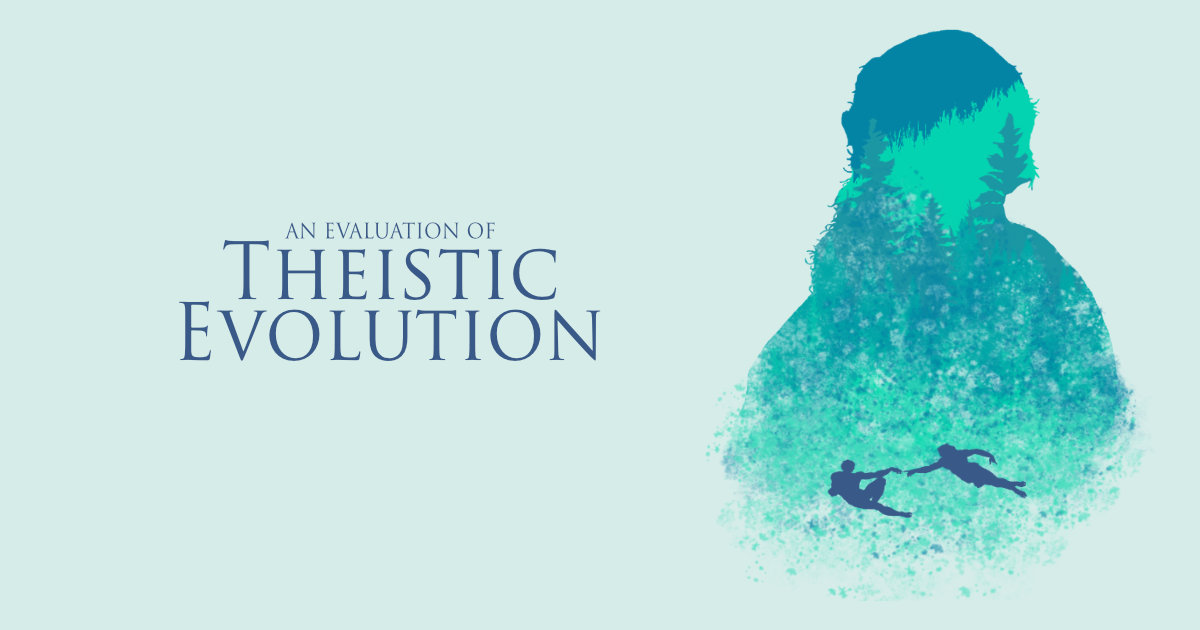Reference




Reference




OpenAI's Answer
Both John Polkinghorne and Francisco Ayala have unique perspectives on God's involvement in evolutionary design.
John Polkinghorne
John Polkinghorne's view is essential in understanding how theistic evolution can be reconciled with divine action. He suggests that:
- The universe has a degree of openness and freedom, which allows for both human free will and divine action to occur. Therefore, God acts not as a micromanager but rather respects the autonomy of creation while still being immanently involved (source).
- Polkinghorne's approach combines scientific understanding with theological insights, advocating for a cosmos initiated and guided by God but not overtly controlled in every detail (source).
Francisco Ayala
Francisco Ayala, an evolutionary biologist and a former Dominican priest, provides a different perspective:
- He believes that evolution is more consistent with belief in a personal God than intelligent design. Ayala argues that the role of chance in evolution means that God is not the explicit designer of every facet of evolutionary change, thus preserving the notion of a non-interventionist deity (source).
- Ayala holds that the process of evolution is compatible with theistic beliefs but frames God's involvement more subtly. He suggests that God could be seen as the creator of a self-developing process rather than an omnipotent designer who constantly intervenes (source).


In summary, while both scientists see God's presence as compatible with evolutionary theory, Polkinghorne emphasizes divine immanence and the universe's evolving openness, and Ayala stresses the compatibility of evolution with a non-interventionist perception of God.
Follow Up
Related
How does Francisco Ayala perceive the relationship between science and religion?
What year is the Park Central South Tower expected to be completed?
Ejemplo de desarrollo del pensamiento crítico de un estudiante universitario ante la lectura de la o
Which company is the main contractor for The Infinity Fort Bonifacio?